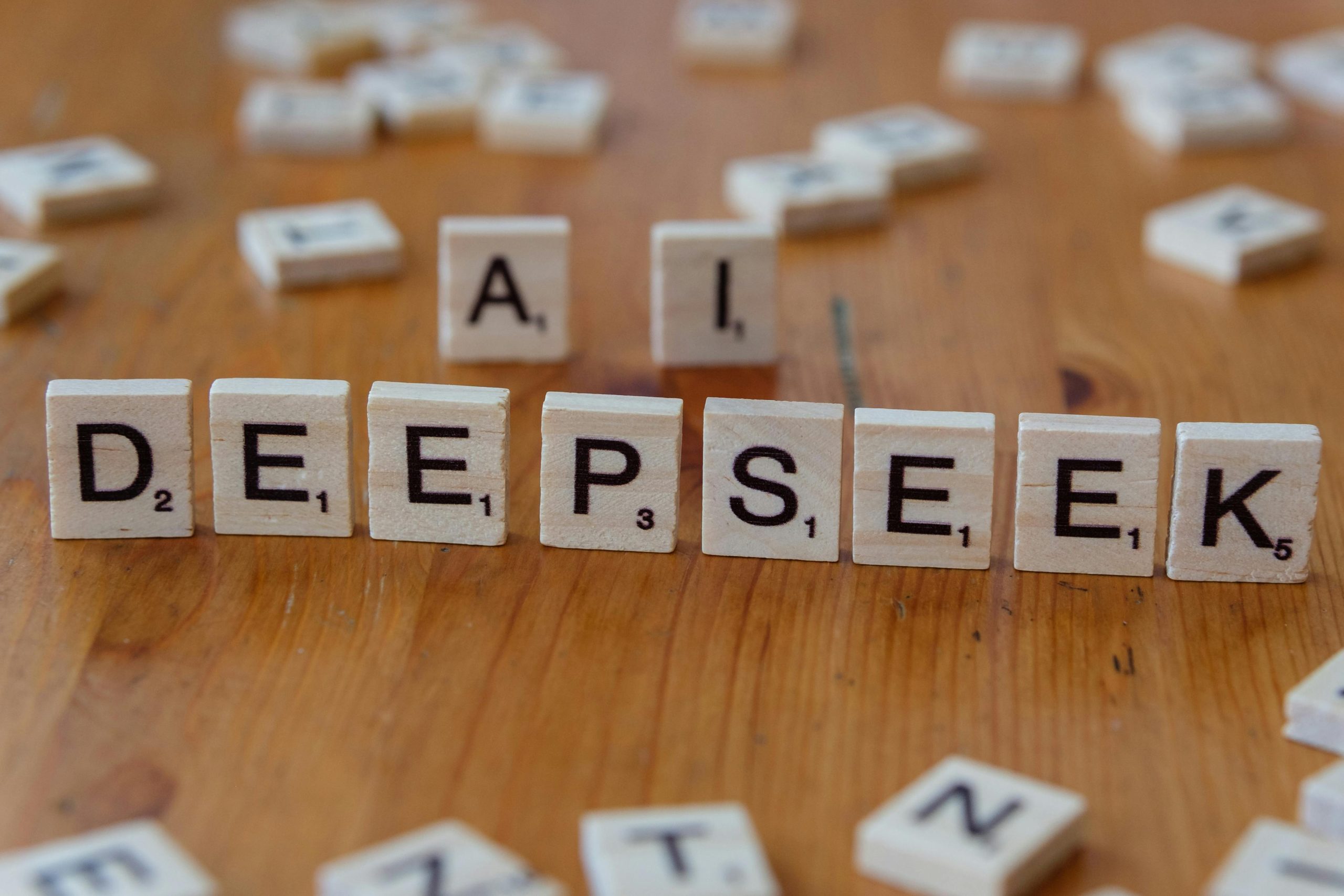Rethinking LLM Development: The Case for Crowdsourced, Peer-Reviewed Data
In the rapidly evolving realm of AI, language models have become essential tools that shape our interactions with technology. However, one intriguing question arises: Why haven’t we witnessed a dedicated effort to develop language models based on crowdsourced datasets, akin to the collaborative framework of Wikipedia? Moreover, could existing resources like Wikipedia itself serve as a foundation for these models?
The potential for creating a more robust and versatile language model using a peer-reviewed, crowdsourced dataset deserves serious consideration. Wikipedia stands as a testament to the power of collective knowledge and collaborative editing. Its vast repository of information is continuously refined by contributors who work to ensure accuracy and comprehensiveness. Such a model could be instrumental in enhancing the reliability of language models by tapping into the wisdom of the crowd while upholding rigorous standards of validation.
Exploring the idea of a crowdsourced, peer-reviewed language model could open up new avenues for innovation in AI development. By integrating community contributions with an established review process, developers could create a system that not only diversifies the data inputs but also minimizes biases and inaccuracies often found in traditional datasets.
In conclusion, as we look towards the future of AI and language processing, it would be beneficial to explore the potential of leveraging crowdsourced, peer-reviewed datasets, or even existing platforms like Wikipedia. The fusion of community wisdom and systematic oversight could transform the way we build and utilize language models, paving the way for improvements that resonate across various applications.










Leave a Reply